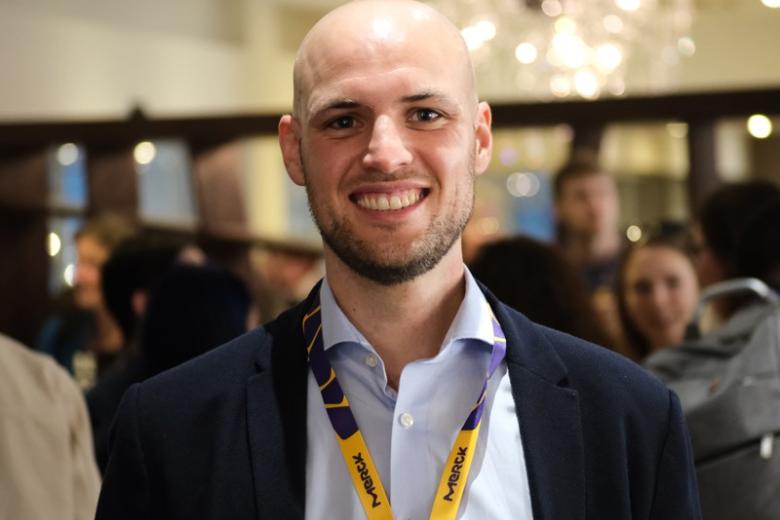“Armed” bacterium new weapon in the fight against cancer
A harmless bacterium that occurs naturally in soil could be the new weapon in our fight against cancer. This microorganism is armed with an enzyme that attacks the tumor – and only the tumor, leaving healthy tissue unaffected. Researchers at Maastricht UMC+ and the Maastro Clinic have been awarded more than two million euros in funding to conduct clinical trials of this new therapy. The grant was awarded by the Dutch Cancer Society (KWF Kankerbestrijding).
Many tumors have “necrotic cores,” i.e. areas composed of dead cells. Little or no oxygen can penetrate these areas, reducing the effectiveness of conventional therapies (radiation, chemotherapy and immunotherapy). The degree of necrosis in a tumor generally indicates the patient’s prognosis and chance of survival. Cell death can also occur as a result of radiation therapy. The bacterium Clostridium sporogenes, which is normally found in soil, flourishes in such oxygen-poor environments. The research team in Maastricht has developed a method to modify the bacterium genetically so that it attacks only the tumor.
Armed
When deprived of sufficient nutrients, a bacterium such as Clostridium sporogenes forms spores. Once circumstances improve, the spores germinate and grow into bacteria. The oxygen-deprived, necrotic areas of tumors are an ideal environment for spore germination, whereas other tissue – which is normally oxygen-rich – is not. The researchers can manipulate the bacteria genetically to deliver an enzyme that becomes active only when the spores germinate. The enzyme, known as nitroreductase, is capable of turning a harmless substance (a prodrug) into a cytotoxic drug. The harmless prodrug is administered externally and therefore only becomes harmful in the tumor tissue that the bacterium has colonized.
Clinical trial
The purpose of the study is to investigate the clinical effectiveness of this therapy. Earlier studies offered sufficient promise to undertake a clinical trial. Thanks to the Dutch Cancer Society’s two million euro grant, the research team in Maastricht will spend the next five years developing an “armed” spore that they will then test clinically on a small number of patients. Initially, they will concentrate on whether the spores germinate in the right place, whether the therapy has any side effects, and what dosage of spores is most effective.
Broad area of application
Dr. Jan Theys, lead researcher on behalf of Maastricht UMC+, says that the therapy has a broad area of application. “Necrosis occurs in almost all solid tumors. Depending on the type of tumor and its location in the body, this may well be an effective therapy.” Says Philippe Lambin, professor of radiation oncology at the Maastro Clinic and research institute GROW: “In the future, we expect to combine the new therapy with other treatments, such as radiation and chemotherapy. That’s because the ‘armed’ bacteria attack precisely those cells that offer the most resistance to these conventional forms of treatment. In addition, the modified bacterium is visible on a PET scan and is also highly sensitive to antibiotics. That means that this therapy is safe, because we can track the bacteria at any given moment and administer drugs to switch it off when necessary.”
Also read
-
GROW research: all-in-one test for genetic defects in embryos🧪
Researchers at Maastricht UMC+ and GROW have developed a technique that can analyse the entire genome in a single test, allowing for faster determination of embryos suitable for successful pregnancy.

-
A breakthrough in cultured meat research-animal component free production
A breakthrough in cultured meat research-animal component free production

-
Cross-border inter-organisational cooperation in crime control
The Netherlands Organisation for Scientific Research (NWO) has awarded a grant under the SGW open competition to a research proposal written by Prof Dr Math Noortmann (Institute for Transnational and Euregional cross border cooperation and Mobility / ITEM) and Prof Dr J.B.M. Koning (UM School of...
